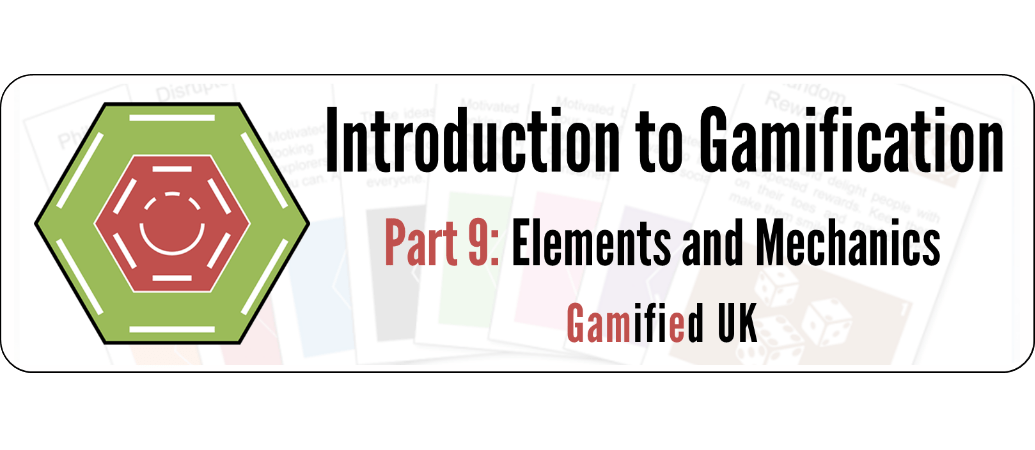When looking at gamification, it can be a daunting task. There are dozens of gurus, platforms, off the shelf products, bespoke products, decks of cards, frameworks, snake oil sellers, blogs and more. There are so many choices, one could be forgiven for getting a little lost.
However, one of the choices that doesn’t seem to get spoken about as much as some other things (like the latest magical framework). That’s the choice between digital (online) or analogue (offline) gamification.
Digital Gamification
Digital gamification is generally online. So for instance, it could be a reward system built into a website. It could be online learning materials that are game-like and on a learning management system (LMS). You get the idea. Generally, they are designed to be experienced on your own (physically) on a platform that is convenient for you or integrated directly into a platform that you already use. That doesn’t mean there can’t be team based events – think World of Warcraft (MMO) Raids!





